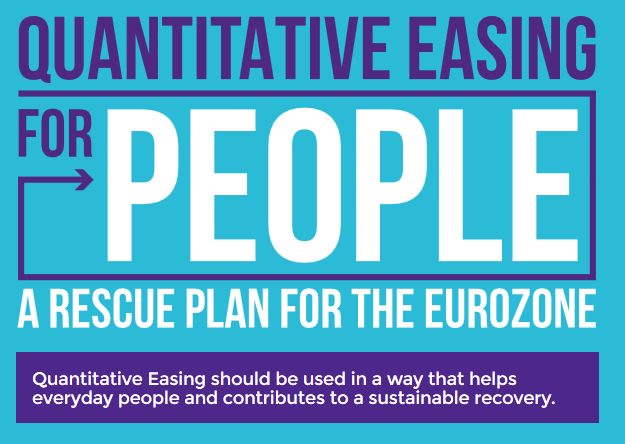COPE Project | “Europe 2020 and the Fight against Poverty” by Matteo Jessoula
18/11/2015 – The article “Europe 2020 and the Fight against Poverty: Beyond Competence Clash, Towards “Hybrid” Governance Solutions?” by Matteo Jessoula, published online in Social Policy & Administration, issue 4/2015, summarizes the findings of the WP4 I coordinated within the reserach project COPE-Combating Poverty In Europe.


